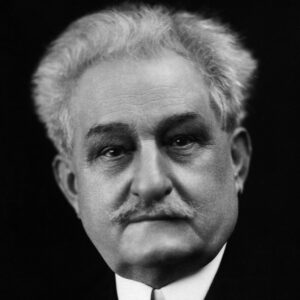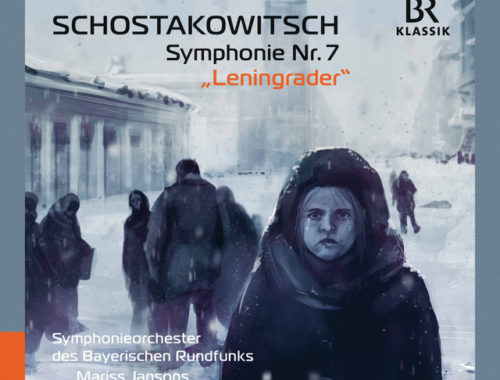GRAMOPHONE: From Where I Sit – Awards 2020 Issue
 Reflecting on ‘Callow meets Rattle’ in the September issue, the theatre animal within me (some readers may be unaware that I was briefly an actor in another life) is moved to consider once more why Leos Janacek is so startlingly effective as a composer for the stage. There is a dramatic immediacy about his writing, for one thing; a directness, an emotional honesty. Not a note is wasted and it is never the case that one cannot see the wood for the trees.
Reflecting on ‘Callow meets Rattle’ in the September issue, the theatre animal within me (some readers may be unaware that I was briefly an actor in another life) is moved to consider once more why Leos Janacek is so startlingly effective as a composer for the stage. There is a dramatic immediacy about his writing, for one thing; a directness, an emotional honesty. Not a note is wasted and it is never the case that one cannot see the wood for the trees.
Plenty of those in The Cunning Little Vixen – which Callow and Rattle enthusiastically celebrate in their conversation; plenty of animals, too – and many in the theatre community still heed the warnings about working with children and animals. But, as Callow and Rattle point out, Janacek’s pantheistic philosophising in this piece tempers cuteness with darkness and folksiness with a sumptuous elaboration. Consider the vixen’s dream of freedom while a captive of the Forrester, consider the brutal abruptness of her death and, by contrast, the Forrester’s final aria and the great coda of renewal.
In each case there is no more, no less music than the dramatic situation demands. It could be a gloriously effulgent expansion of a simple theme (as in the dream interlude) or a single life-shortening chord (as in vixen’s death). In all Janacek’s music the plain-speaking brevity of expression is everything: an earthy elemental cut-to-the-bone starkness, a sudden lyric effusion gone almost as soon as it has arrived like ‘a blown away leaf’ (to quote a movement from Janacek’s piano cycle ‘On An Overgrown Path’). And yet when the moment is so great as to demand elaboration then Janacek delivers in spades: the lovers’ illicit meeting in act two of Katya Kabanova or the forgiving nature that brings happiness for Jenufa at the close of that career-defining opera. And when the 300-year old Emilia Marty finally realises that life is meaningless unless it is finite the diva within her soars to new heights.
It is a fact well-known that Stephen Sondheim – I would argue an equally valid and important figure in the realms of music-theatre – has issues with opera’s urge or need to elaborate. I once said to him that I would hate to hear his Liebestod. That made him laugh. But seriously, in dramatic terms, he has a point and it’s one that Janacek heeded to a fault. The concision of his operas is testament to it. The big moments are like lightening strikes. Literally so in the storm scene from act three of Katya Kabanova where Katya’s confession of infidelity is tantamount to a thunderclap. Or the hair-raising moment in act two of Jenufa where the Kostelnicka, having cast Jenufa’s baby to the elements, feels an icy blast blows open the window and sees ‘the face of death’ looking in. These moments of high-drama are brutally succinct. But blink and they’re gone. The late Charles Mackerras once told me that Janacek would laboriously draw his own staves in an effort to discourage over-scoring and, by definition, over-elaboration. I wonder if Sondheim knows these operas? Maybe I’ll get another chance to ask.
You May Also Like

GRAMOPHONE Review: Shostakovich Symphony No. 7 ‘Leningrad’- Bavarian RSO/Jansons
01/01/2020
Michael Ball: Voice of the People
26/11/2020

